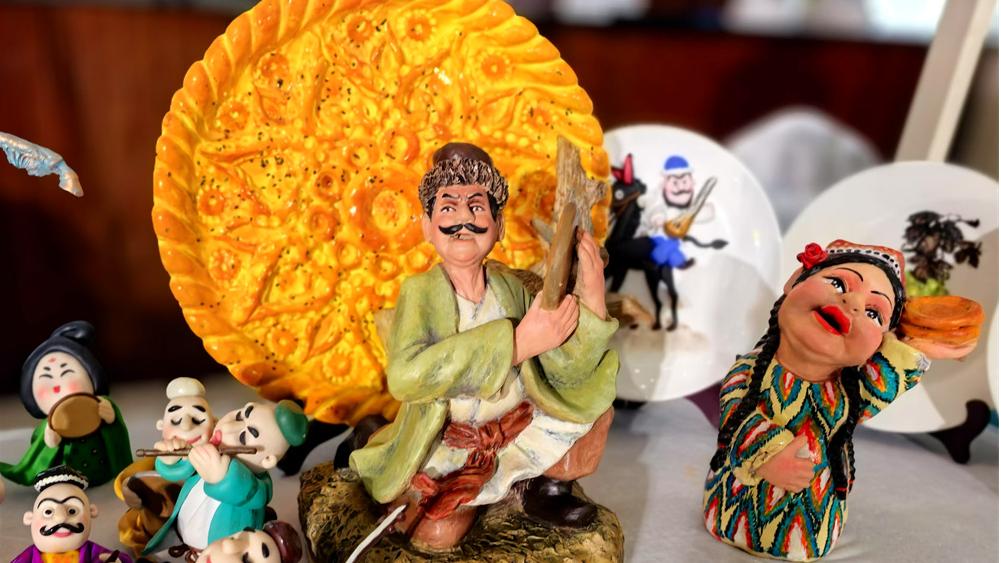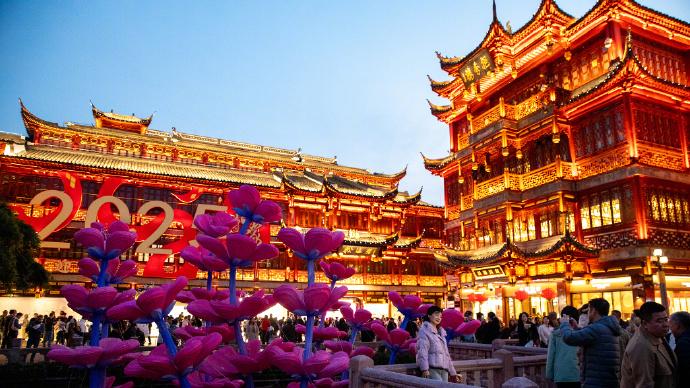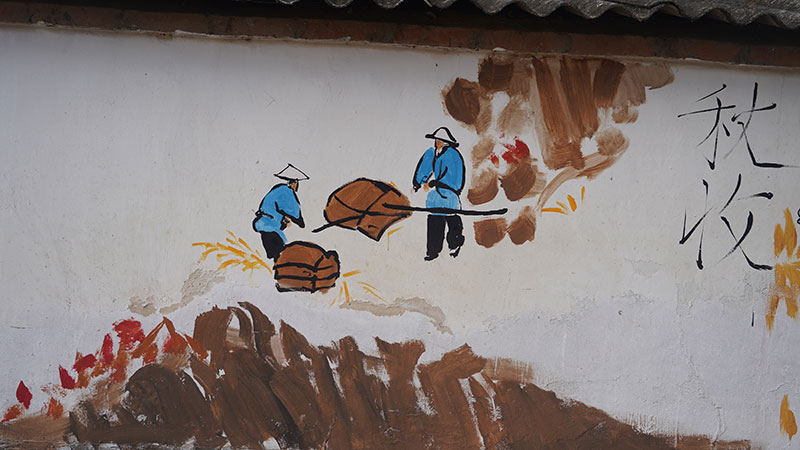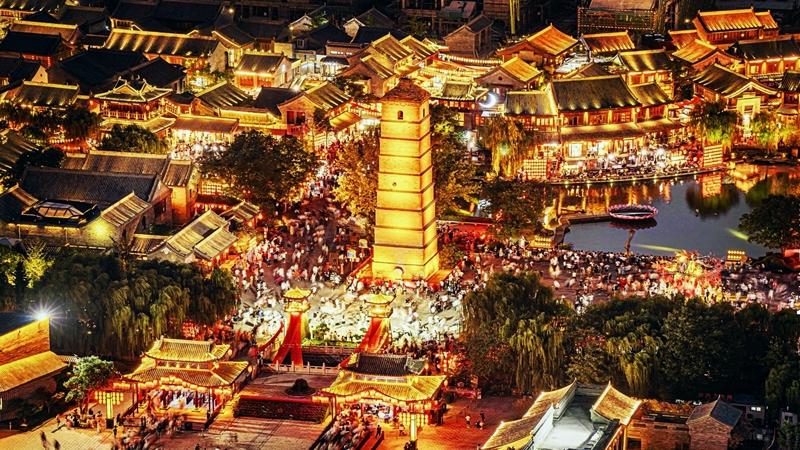Feature: "Finding a home away from home," Malacca heritage strengthens China-Malaysia ties
KUALA LUMPUR, Dec. 22 (Xinhua) -- Wang Lin, a tourist from Hangzhou, marveled at the artifacts in the Cheng Ho Cultural Museum in Malacca, where the stories of China's legendary navigator and diplomat Zheng He were vividly brought to life.
"The history of Zheng He's voyages that I learned in school has come alive before my eyes, thanks to the visa-free policy between China and Malaysia," he said.
Zheng He, known as Cheng Ho in Malay, was a celebrated envoy of the Ming Dynasty, who visited Malacca at least five times during his seven maritime expeditions. His voyages have not only strengthened ties between China and Malaysia but also laid the foundation for centuries of cultural and economic exchanges.
Today, Malacca's rich historical legacy and vibrant cultural landscapes continue to attract Chinese tourists, as the 50th anniversary of China-Malaysia diplomatic relations in 2024 has bolstered tourism and strengthened people-to-people ties.
Since the implementation of the China-Malaysia mutual visa exemption in December 2023, travel between the two nations has become more convenient.
Roslan Abdul Rahman, secretary-general of Malaysia's Tourism, Arts and Culture Ministry, told Xinhua that the country has welcomed 2.69 million Chinese tourists in the first nine months of this year, marking a 144 percent year-on-year increase.
Malacca stands out as a favorite destination for Chinese tourists due to its historical ties with China.
Among its attractions, Jonker Street, nestled in the heart of Malacca, holds particular significance. Once the site of Zheng He's storehouses and early Chinese settlements, the area now is a bustling UNESCO World Heritage Site. Its well-preserved architecture, traditional Peranakan shophouses, antique shops, art galleries, and lively street food stalls offer visitors a window into its unique history.
"The surge in Chinese visitors over the past year has greatly boosted the local economy, created new business opportunities, and spurred growth in Malacca's tourism and hospitality sectors," said Gan Tian Loo, chairman of the Jonker Walk Working Committee.
Gan emphasized Jonker Street's cultural importance, describing it not only as a pivotal hub during Zheng He's voyages but also as a living testament to Baba-Nyonya culture. "Jonker Street provides a rare opportunity to explore the harmonious fusion of Malaysian and Chinese traditions while celebrating a friendship that has thrived across generations," he added.
The Baba-Nyonya, or Peranakans, are descendants of Chinese immigrants who intermarried with local Malays, creating a distinct cultural identity. Male descendants are called "Baba," while female descendants are called "Nyonya".
Their legacy is showcased at the Baba Nyonya Museum, which offers visitors a glimpse into traditional Peranakan homes, featuring grand spiral staircases and architecture that blends Eastern and Western styles.
Wang Shanshan, a tourist from Beijing, shared her emotional experience after visiting the museum. "I used to prioritize beaches and natural scenery when visiting Southeast Asia. Now, I'm more interested in uncovering the history of Chinese migration and understanding how our culture has evolved here," she said.
She found the exhibits both familiar and novel. "Even with local influence, the core of traditional Chinese values remains. It feels like finding a home away from home," she added.
Beyond its historical landmarks, Nyonya cuisine, rooted in the Baba-Nyonya community, has become a must-try experience for visitors. Dishes like buttery pineapple tarts, onde-onde filled with palm sugar, and spicy chicken stews, exemplify a rich fusion of Cantonese, Fujian, and local Malaysian flavors.
Lucy Wee, a fifth-generation Nyonya and owner of Anak Nyonya restaurant on Jonker Street, has noticed a growing interest in this unique culinary tradition. "More Chinese tourists are eager to try Nyonya food after learning about Baba-Nyonya culture," she said.
As a passionate advocate for her heritage, Wee takes pride in sharing her family's recipes. "The flavors are unique -- sweet, sour, and slightly spicy. Once people try it, they always want to come back for more," she said.
From exploring Zheng He's maritime legacy to savoring Nyonya cuisine, Chinese tourists discover Malacca as both a historical treasure and a modern cultural gateway. This deepening connection between China and Malacca will offer increasing opportunities for cultural exchange and mutual appreciation in the years to come.
Gan noted the role of Malacca in strengthening cultural bonds between the two peoples. "Jonker Street provides a rare opportunity to explore the harmonious fusion of Malaysian and Chinese traditions while celebrating a friendship that has thrived across generations," he said.
Photos
Related Stories
- China, Malaysia ink maintenance agreement for ECRL mega rail project
- CPC delegation visits Malaysia
- Chinese battery makers expand overseas market as EVE Energy's Malaysia facility advances
- Malaysia-China people-to-people relations strengthened by visa exemptions: official
- Malaysian Prime Minister Anwar Ibrahim: Building of the Malaysia-China community with a shared future reaches new heights
- China to promote all-around partnership with Malaysia
Copyright © 2024 People's Daily Online. All Rights Reserved.









